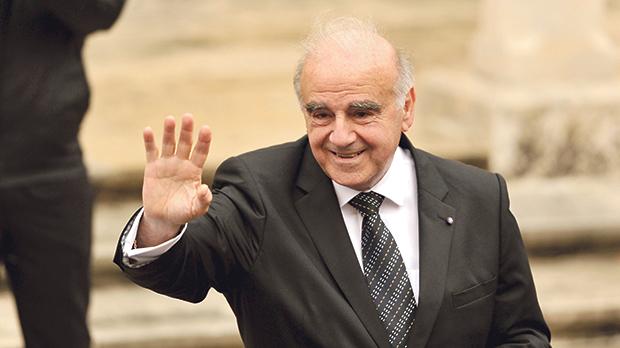Blog Post
President of Malta says he’ll resign before signing a bill legalizing abortion
By Jonathon Van Maren
Malta is one of the last countries in the world where abortion is illegal, but pro-abortion activists are trying to change that. In May, Marlene Farrugia, an independent member of the Maltese parliament, made global headlines when she proposed a bill that would decriminalize abortion in Malta. It was an unexpected move. Abortion activists had been alerted ahead of time and gathered outside parliament with signs and banners; a social media campaign followed. But thus far, Maltese politicians have rejected Farrugia’s proposal.
Malta is a central Mediterranean archipelago between Sicily and the coast of North Africa. It is one of the most Catholic countries in the world; Roman Catholicism is the official state religion, although the number of Maltese who attend church regularly has been steadily declining. With a population of just over 500,000, Malta is the smallest nation in the European Union—and the only nation in the E.U. where abortion is completely banned (the criminal code prohibition dates back to 1724). About 300 Maltese women seek abortions outside the country each year.
Robert Abela, Malta’s Labour prime minister, is publicly pro-life; his party has argued that the bill will actually stifle meaningful debate. The Nationalist Party has also expressed opposition. It seems likely that Farrugia’s proposal was intended to spark a discussion that would force politicians to take positions and lay the groundwork for future success. Farrugia has already said that if politicians refuse to discuss it, they should refer the issue to a citizen’s assembly, as happened in the Republic of Ireland.
President George Vella has also taken a stand. “I will never sign a bill that involves the authorization of murder,” he said on May 17.
READ THE REST OF THIS COLUMN AT FIRST THINGS








